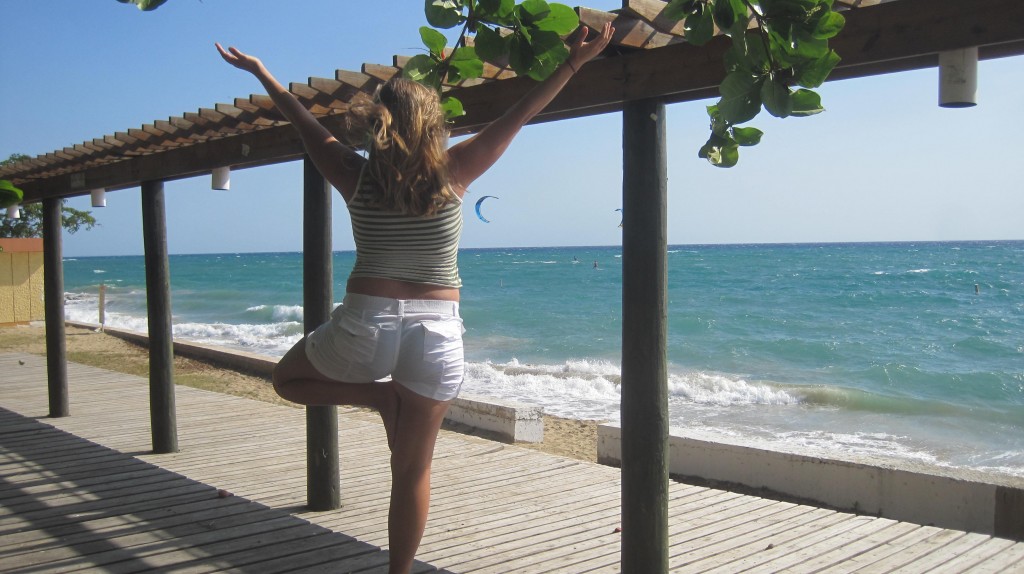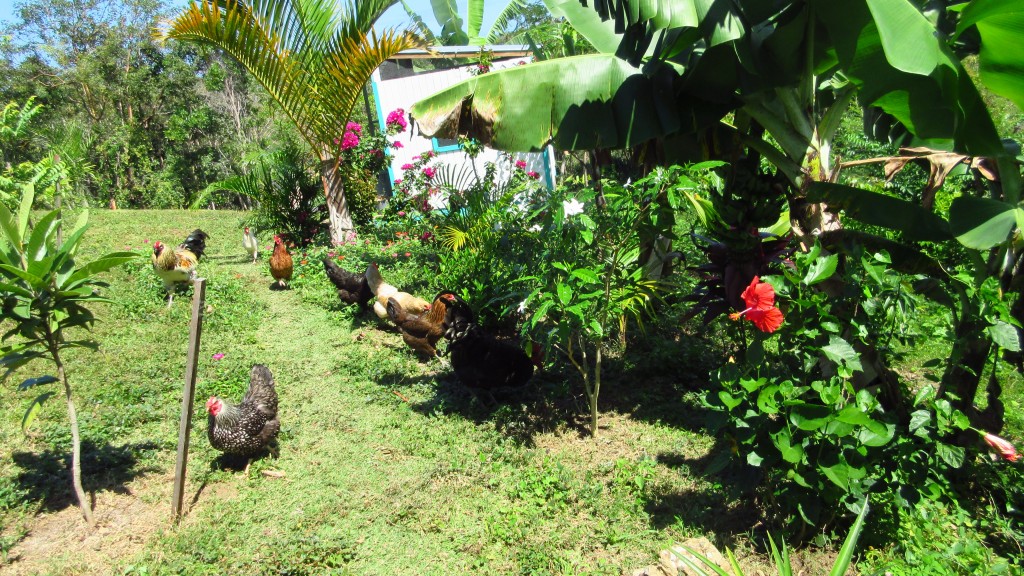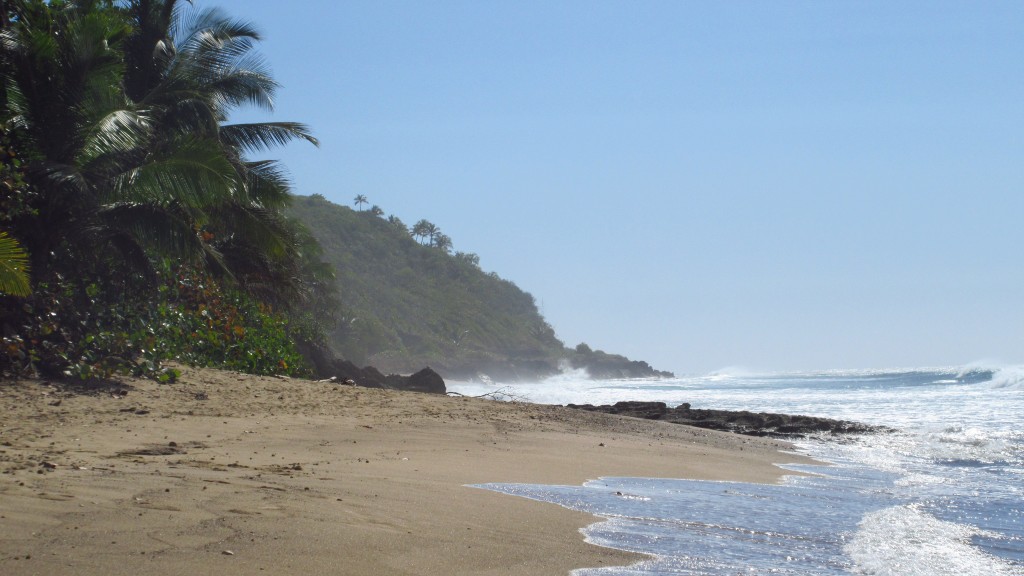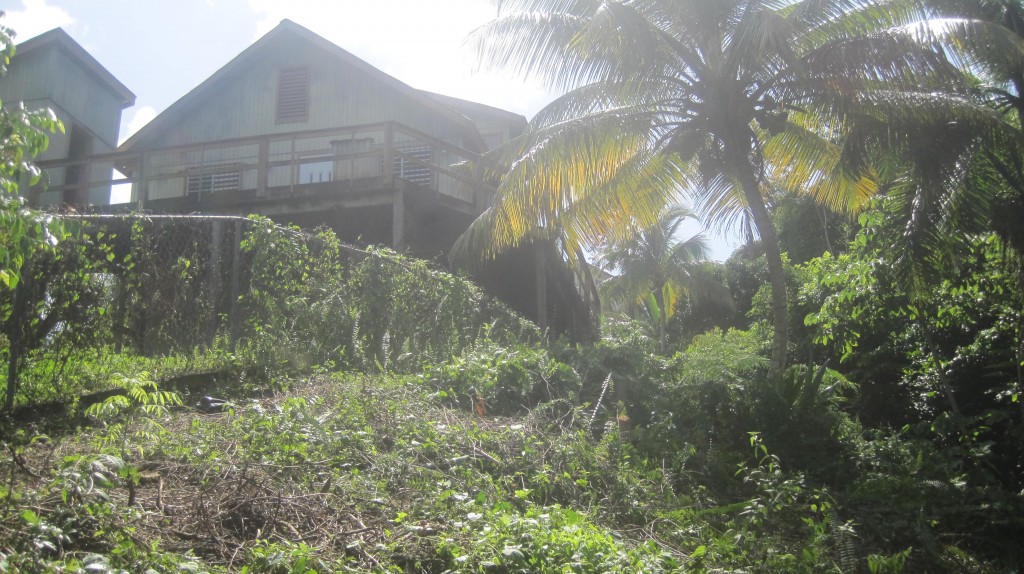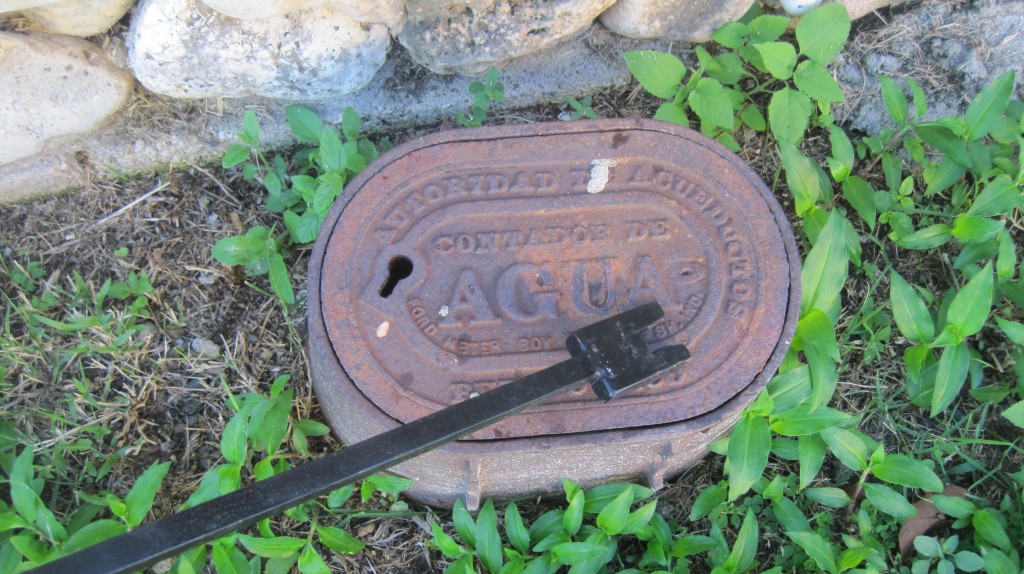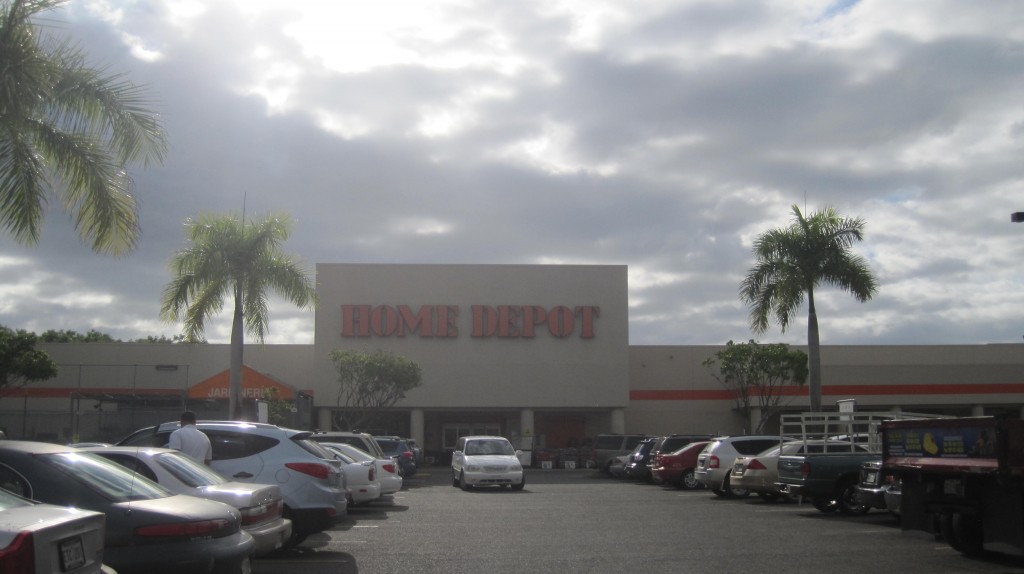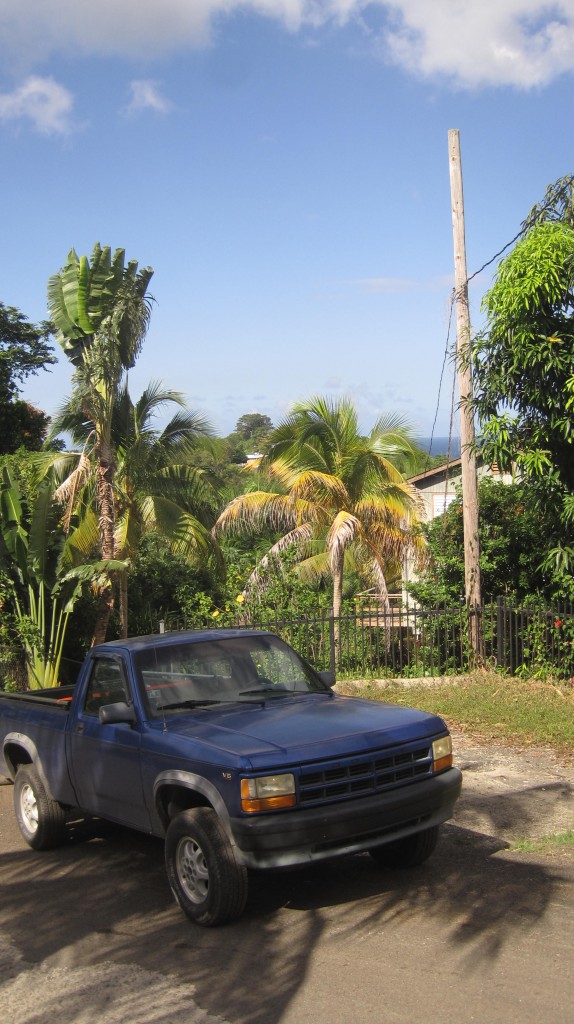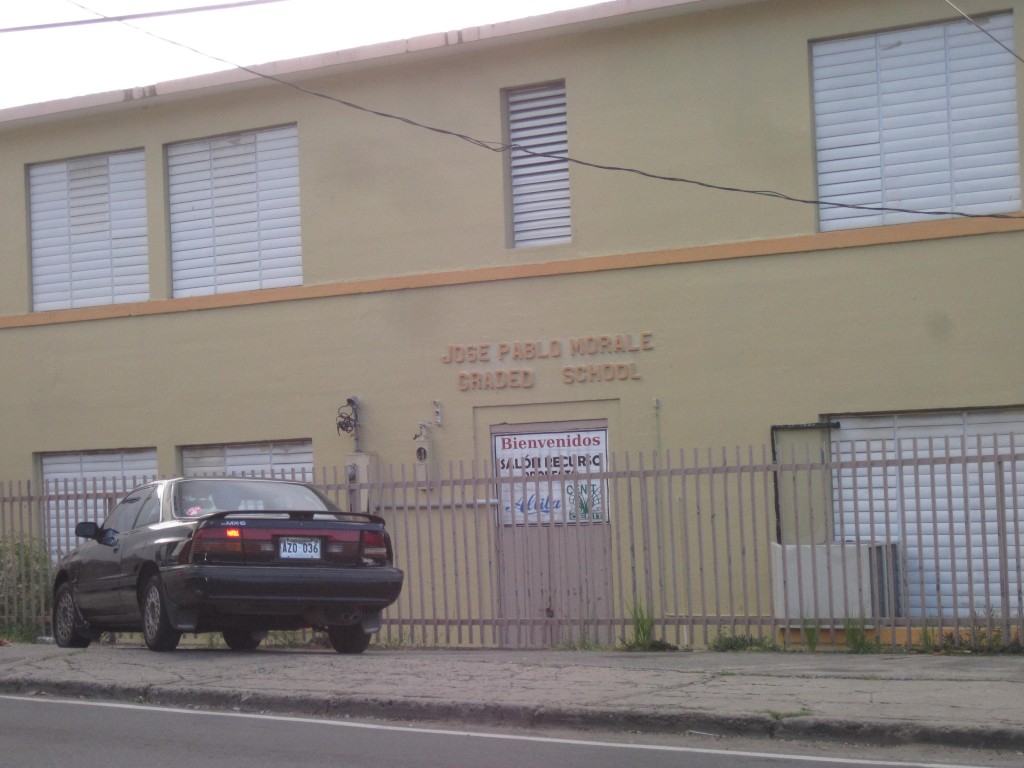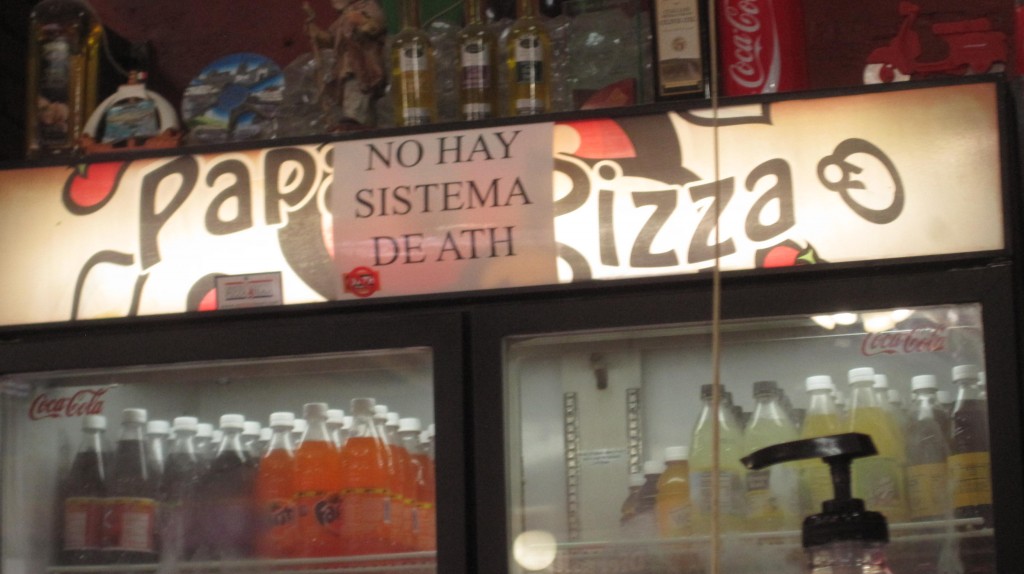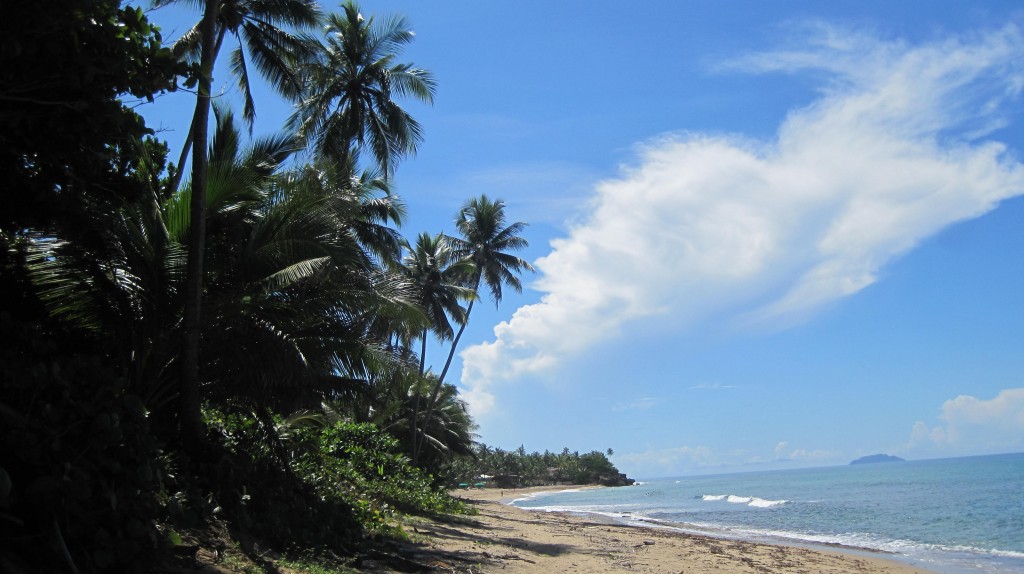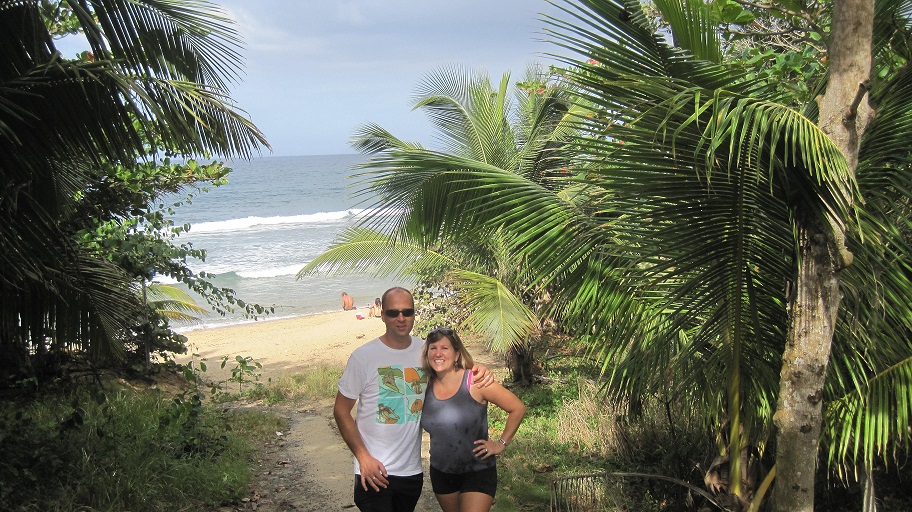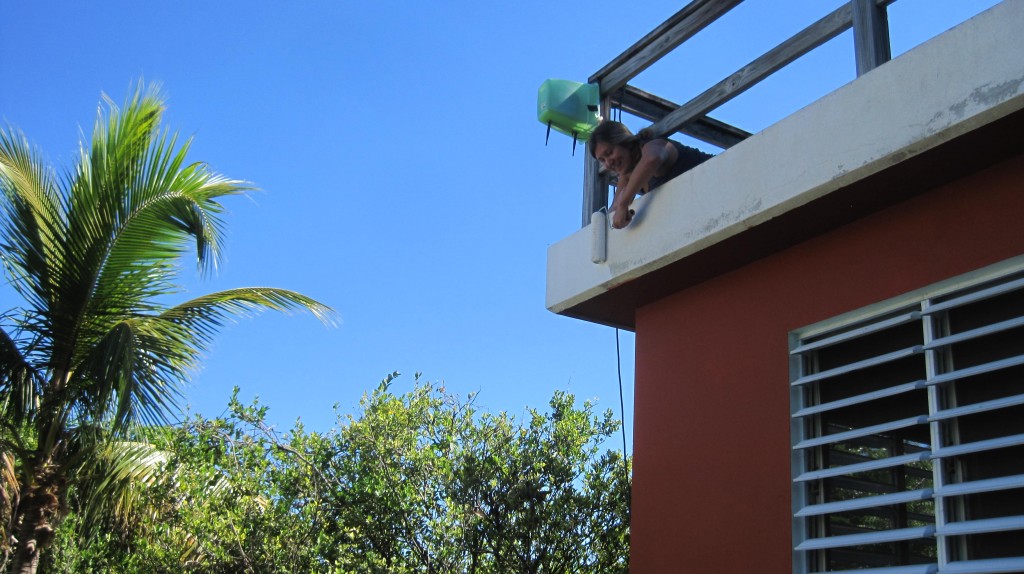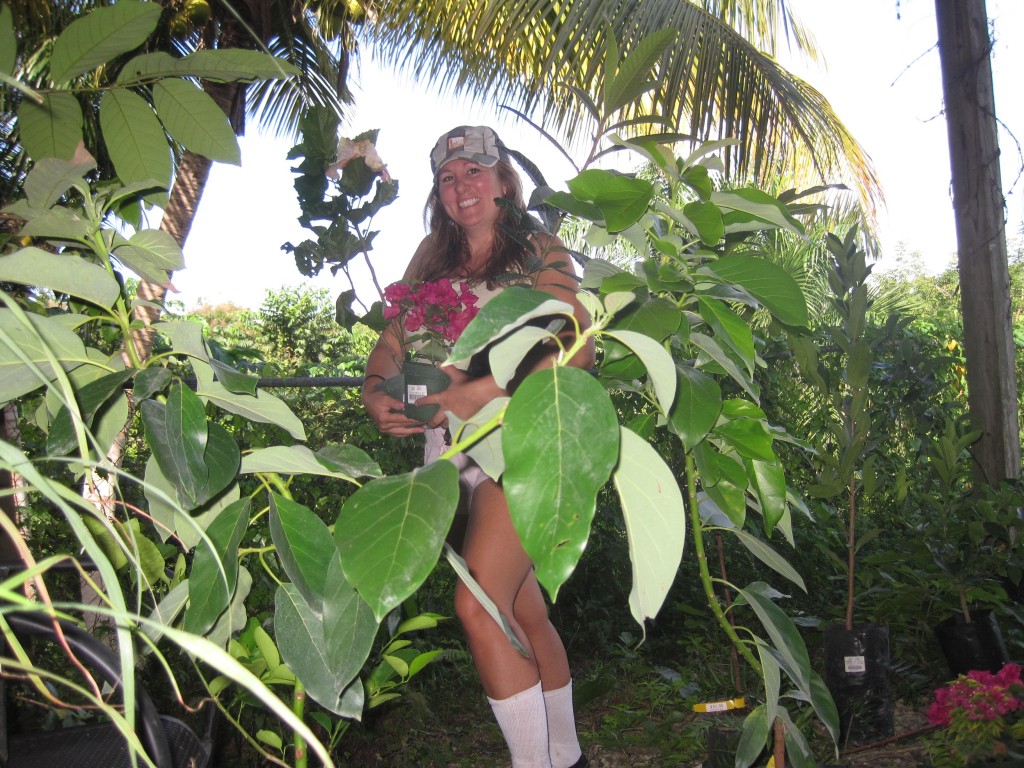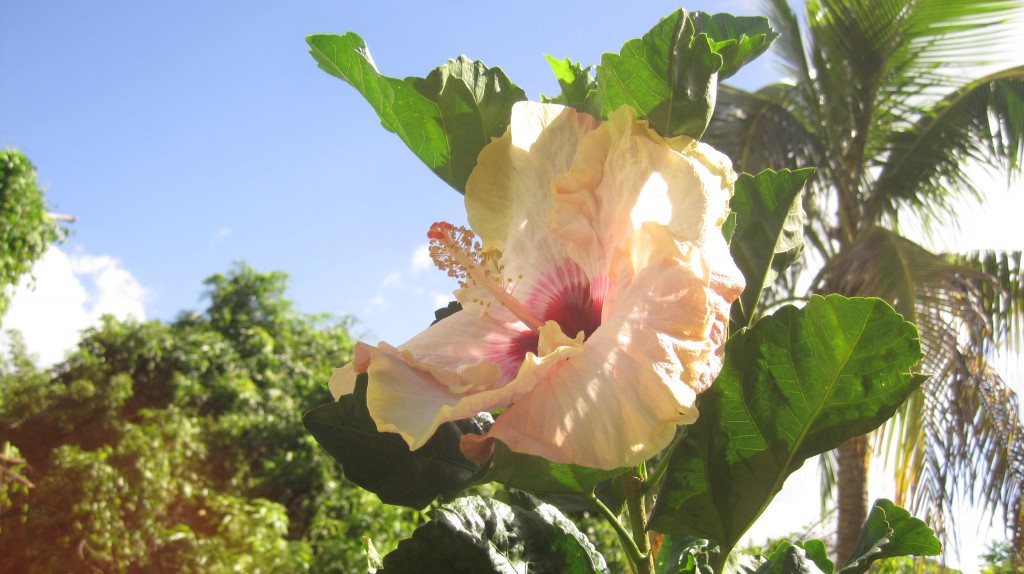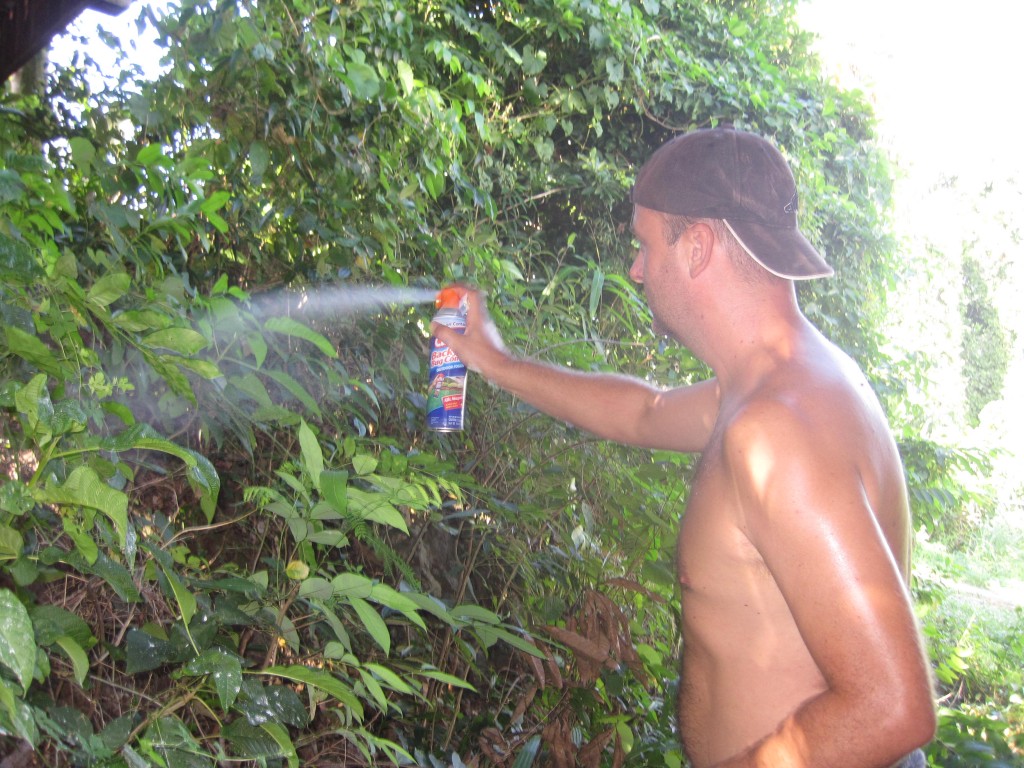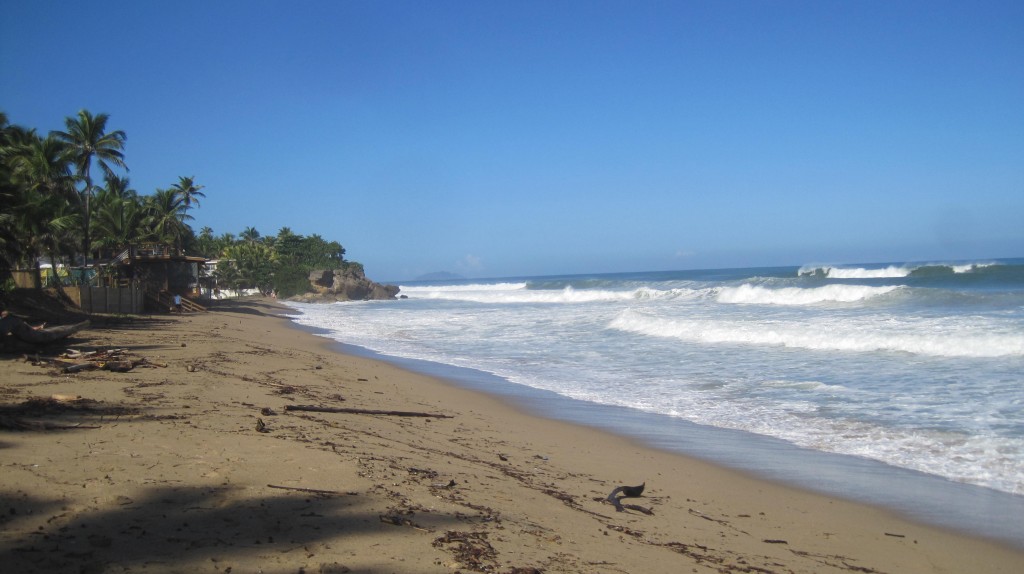We recently read an article entitled What 30-Year-Old Retirees Can Teach The Rest Of Us. It was about the trend of young people who retire in their early 30s. We were really happy to see that there is some traction and national attention in this movement that they called “Early Retirement Extreme” or just simply Financial Independence.
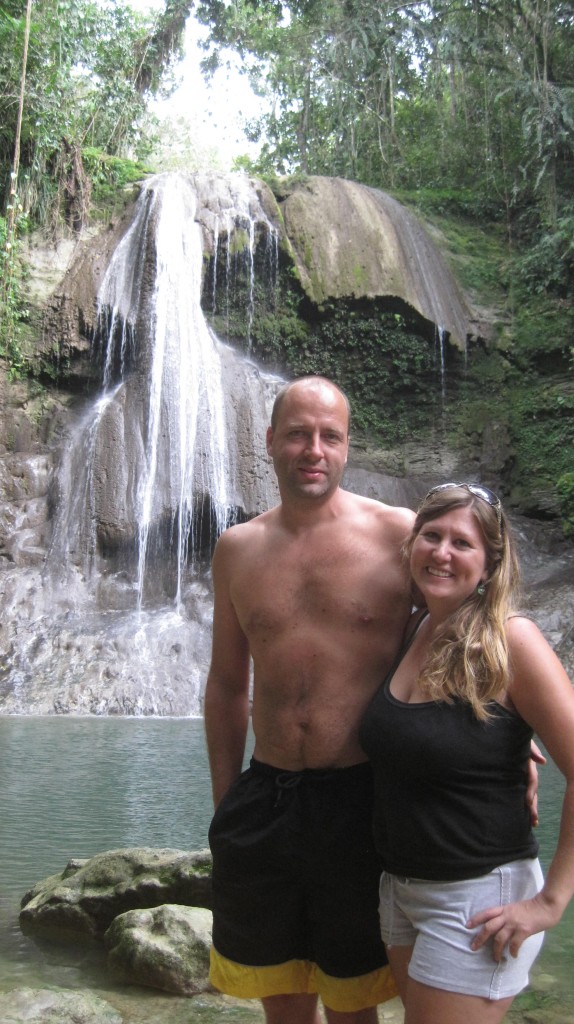
What we were surprised about, however, were how many of the comments about the article were so negative or just simply dismissive: that they were not REALLY retired, were given money or had a wealthy family, or they were so frugal that they couldn’t enjoy life.
Here are a few actual comments we read on Facebook about the article.
Basically be a hermit and don’t experience any culture all for the sake of not working? Um, no thanks. In other words. Rich people!
It’s easy for a miser to become rich, but what’s the point
Cut back on expenses, and live a boring life. Don’t travel, never splurge on expensive dinners, etc, just for the hell of it…
What a joke… Whoever wrote this needs to start living. Life is too short to live like a hermit.
Lemme guess, had old money given to him, an inheritance, or an affluenza suffering family, right? THERE IS NO WAY 99% of us could retire by 30, only the top 1%.
So…you get to “retire” at 33, but your lifestyle has to remain frugal. Forever. I think I’d rather keep working.
What a load of garbage. They better not be burdening the welfare system.
Who wants to be the wealthiest man/ woman in the cemetery? Enjoy life! I want to work and feel like I contribute to society than just simply take up space and consume.
Find something you love to do and never work a day in your life!
That sometimes you can get really, really lucky?
This seems really hard especially if you have kids. Definitely not a “everyone” circumstance.
And so on…
The reason this stood out to us was because it was like being a fly on the wall and hearing what people probably say about us which would be very interesting!
It doesn’t matter, really, what people think of us or our lifestyle but it was definitely eye-opening to see the assumptions that people have about retiring early.
Most of the comments are just sour grapes, but some seemed to warrant a response about these assumptions even if it is just for our own discussion. So here’s my take on retiring early/financial independence.
Myth: You must have won the lottery/inheritance/born wealthy, etc.
In actuality: You don’t have to have money given to you or be wealthy to retire early. You just need to have enough to cover your expenses. When you realize that you don’t need anywhere near what the high consumption marketers try and tell you that you “need” you will be able to save a lot more and put your saved money into investments that actually bring you money instead of cost you money! This is a hard concept in a consumer focused society, but you can turn it around.
Britton and I were both born to working class families. I even paid for my college education without taking any loans or having my parents pay for it (a bachelor’s and 2 master’s degrees and a foreign exchange in Mexico). We did start fairly young and we were both on the same page for our goal (in our case to retire in our early 30s and move to a tropical island) which is extremely important.
Myth: You must be a hermit and not do anything fun or cultural/diverse/splurge
In actuality: I think being frugal actually opens you up to more creative expressions of leisure time and you look for activities that aren’t entirely focused around money. Your imagination is your only limitation. Maybe you want to jam out music with friends or watch a surf competition or make art or have bonfire dinners or swim in the ocean! All of these are a part of our new “retired” life. If all you can think of to spend your life is only based around money, that seems much more contrived and frankly, sadder to me.
Also, consider that if you have a full-time job, you spend at least 8 hours of your life, 5 days out of 7, in a hermit-like state where you cannot come and go as you please and are surrounded by other people who do and think pretty much the same as you in the same confined perimeters as you. And then when you are finished with work, you may go out and find some (usually costly) other leisure activities, but you don’t have much time to really get into anything because you also have all the normal chores of life to do.
For us being financially independent we have really come OUT of our shell and met many, many diverse and interesting people we never would have had the opportunity to meet before. And we CAN splurge ever so often and it will not negatively affect us as it does with people who live on the edge -paycheck to paycheck.
Myth: If you’re doing something, you’re not retired.
In actuality: This one is a little harder to answer because it comes down to a definition of retirement. I don’t really consider us retired because I imagine old people playing shuffleboard and sitting in wheelchairs and here we are sawing down trees, playing with chickens and remodeling our house. So we stay busy, but at any point we can just stop what we are doing and do something different or travel or even up and move if we felt like it.
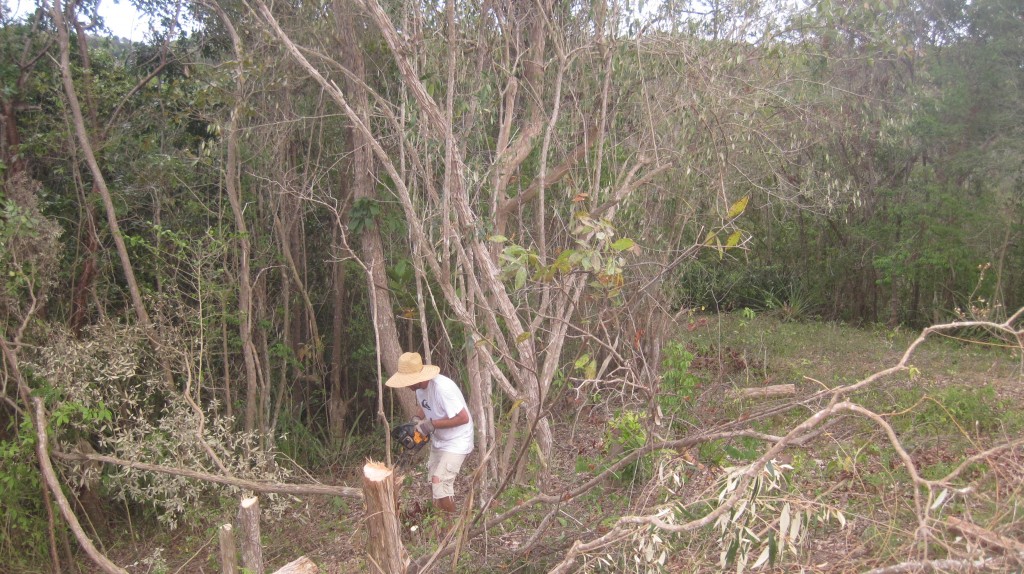
I think that is why we call it financial independence (or the Spanish word jubilación) rather than retirement. If Britton or I chose to work a traditional job at this point in our life it would be because we really wanted to. The paycheck would only be a cherry on top, but not the main point of the job like it is for most people. That’s the key difference I think: working because you want to versus because you have to.
Myth: You can retire early only if you don’t have kids.
In actuality: We don’t have kids, but if we did we would still be “retired”. I have no doubt. Most Americans and industrialized people spend SOO much on children (and themselves) it is ridiculous. I recently saw a statistic that the average American child uses as many resources as 13-35 (or more!) children in developing countries. So imagine for every child that is being raised in this way you actually have 13 of them. That would make having 3 children like having 39+ in other parts of the world and having 5 or more would be so outrageously expensive and oppressive you would feel trapped! So I can see why people who are in this hyper-consumption mindset would say this!
But the truth of the matter is that it is simply not necessary to buy kids every single new gadget and gizmo or sign them up for every expensive activity imaginable and in fact by doing so you are training them to be the same corporate consumers in the next generation of rat racers that you were.
Myth: To retire early you must be on welfare.
In actuality: This was a surprising one! I think most people who retire early are pretty proud of the fact that they are indeed “financially independent” which means not dependent on any corporate or government system for their financial resources.
Of course as human beings on this earth we are ultimately all connected and dependent on and receive our own life through each other, this planet and this grand universe whether it is air, sunshine, water, food -plants and animals, minerals, shelter, family, friends, experiences. We shouldn’t skim over that lightly. At some point we must realize that we are indeed all in this together and must try and help each other out and give back where we take whenever we can.
Myth: If you retire early you are not contributing to society or finding your calling.
In actuality: This will depend again on definitions. To me, if you are living on this earth, you are contributing to it (for better or worse). Most of the people I know who are financially independent are making very positive impacts in their communities and in their personal activities.
Now, certainly if you have a calling and in order to do that calling you must work in a structured work environment, you should do that! But wouldn’t you like to be independent enough that if something else calls to you, you could do it?
I guess I would challenge people with this question: if you were receiving a paycheck but didn’t have to go to work, would you? And if so, would you work the same hours/schedule? If not, maybe financial independence might be a good goal for you.
Myth: This is not possible for the vast majority of us.
In actuality: Why? You must ask yourself that. Why have you put limitations on yourself? Sure you have to develop some good budget habits and probably change the way you think about money, but all of this is possible. For instance, you may think spending money=happiness or spending money=adventure or spending money=security or spending money=retail therapy or you think you don’t have or make “enough” any number of things but until you realize that money is simply a game (generally tipped against your favor) you are letting it have too much power over you.
For most people who make money by working, money (wages) represents your life energy. You can harness this energy, this power to work for you! In order to “game the game” you have to flip it around and instead of always being the consumer you need to balance it and also be the producer (save or create money) in equal measure.
That usually means consuming (spending) dramatically less and also producing money from your investments. It could also mean using informal social and local economies instead of mass markets.
Myth: It must be awful living as a frugal miser
In actuality: I don’t consider ourselves frugal misers. If we want or need to buy something, we do.
What we realize is that whatever we purchase is making a statement and impact on our lifestyle and that we should choose carefully what we bring into it. We are mindful about our money, not miserly. And actually, we don’t have all the internal strife it seems a lot of people do about money or paying bills or owing people.
All of our bills are always paid on time. We have no credit card debt. We have no car debt. We have no college debt. Most of our houses are paid off and the ones that aren’t are not liabilities- they are income-producing assets. We owe nothing and we can buy or do just about anything we put our hearts and minds on. We live with less “stuff” in rich abundance without money worries. Just awful ;-)!
Now, by no means am I saying that our lifestyle is a one-size fits all type of thing. I love the diversity of people and the lifestyles they create. Especially when people are in love with their life and what they do. What I am saying, however, is that if financial independence (or anything else) is something you are remotely drawn to, don’t just dismiss it as unachievable. It is totally achievable if you set out the right intentions and priorities and act on them. You are more powerful than you ever imagined!
